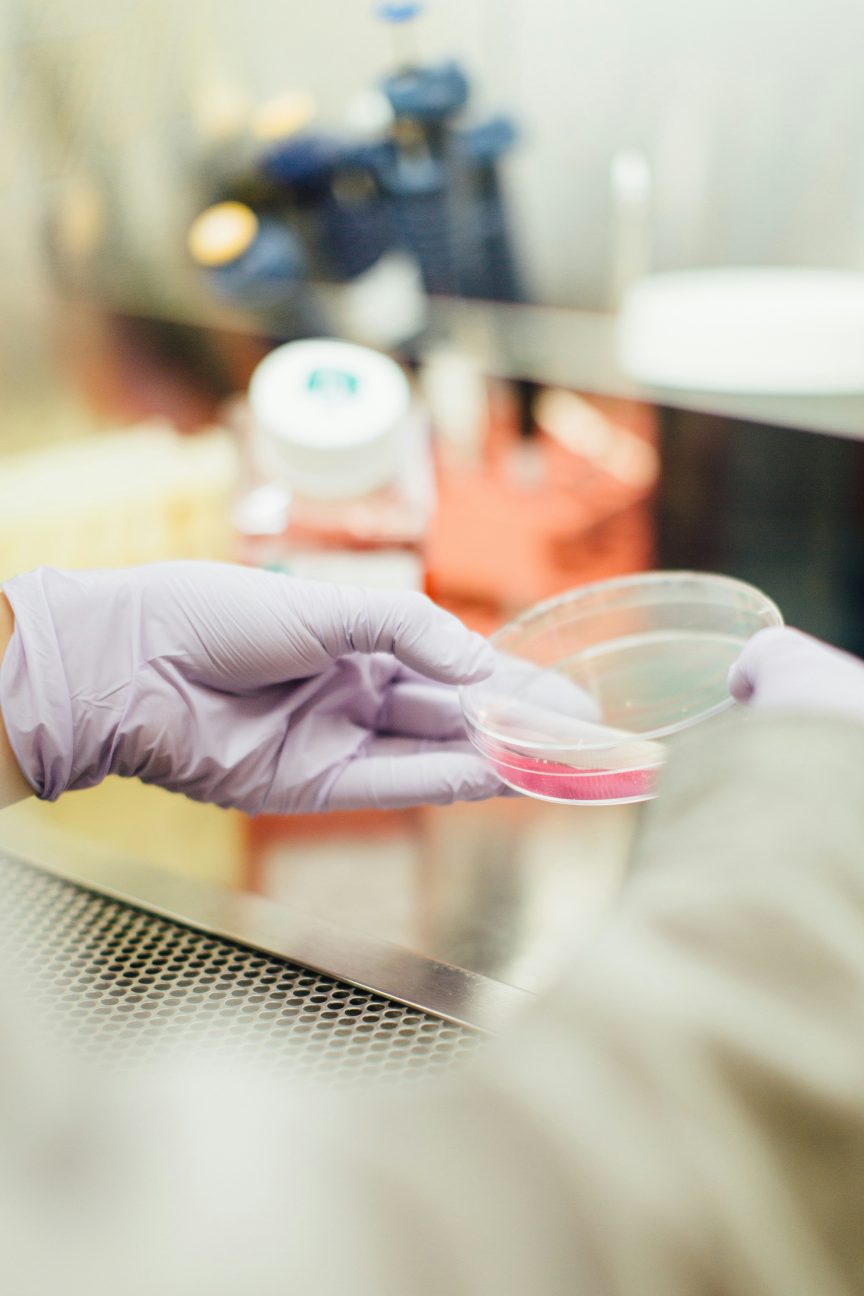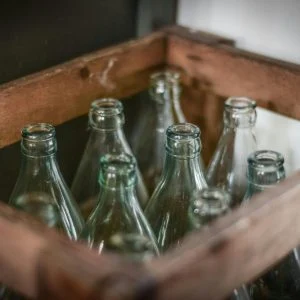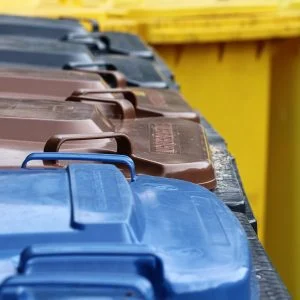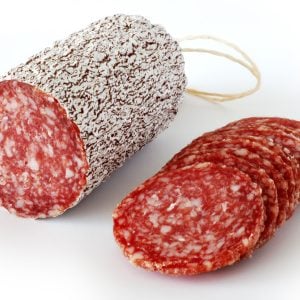
Milk hygiene tests being pioneered by British cheesemakers could help producers avoid damaging food safety recalls and give them greater confidence to make raw milk cheeses.
The Petrifilm plate tests currently being trialled by artisan cheesemakers enable them to test their own milk for coliforms – bacteria that are a red flag, suggesting hygiene issues on the farm or in the dairy. The plates can be used by cheesemakers to test milk in house more quickly and cheaply than using commercial labs, so they are able to head off problems before they escalate.
Fen Farm Dairy owner Jonny Crickmore and Graham Kirkham of Kirkham’s Lancashire have been using the plates successfully in their businesses this year and presented their experiences at the Specialist Cheesemakers Association Farm Visit.
“This could be a game changer for cheesemakers,” said Jonny Crickmore. “Results are ready in 24 hours instead of up to a week from commercial labs, so we are able to deal with any problems much more quickly. It could give cheesemakers more confidence to make more raw milk cheeses in the future.”
The hope is that the tests will help raw milk cheesemakers avoid being involved in damaging and costly food safety recalls. While there are no legal limits to coliforms in milk for cheese, they can be a sign of serious pathogens, such as Shiga Toxin-producing E.coli (STEC), which are part of the coliform family.
“Coliforms are a hygiene indicator, and show whether there are aspects of the process that could be better controlled, from milking hygiene to milk pipeline design,” said Bronwen Percival, technical director at Neal’s Yard Dairy. “Work that lowers the number of coliforms is also likely to lower the probability of getting STEC into the milk.”
Neal’s Yard is also working with researchers at Imperial College London, who have developed a cheap and flexible kit for on-farm PCR tests, which can detect the DNA of specific pathogens.
“Applying these at farm level are an interesting possibility, but a lot more work needs to be done to scope out how it might work in practice,” said Percival.
Crickmore told FFD that he is encouraging other cheesemakers to start using the Petrifilm plates, made by Neogen, which cost £80 for a pack of 50 tests. Samples are cultured on the farm in an incubator that costs just over £100.
This article first appeared in the October-November edition of Fine Food Digest.



